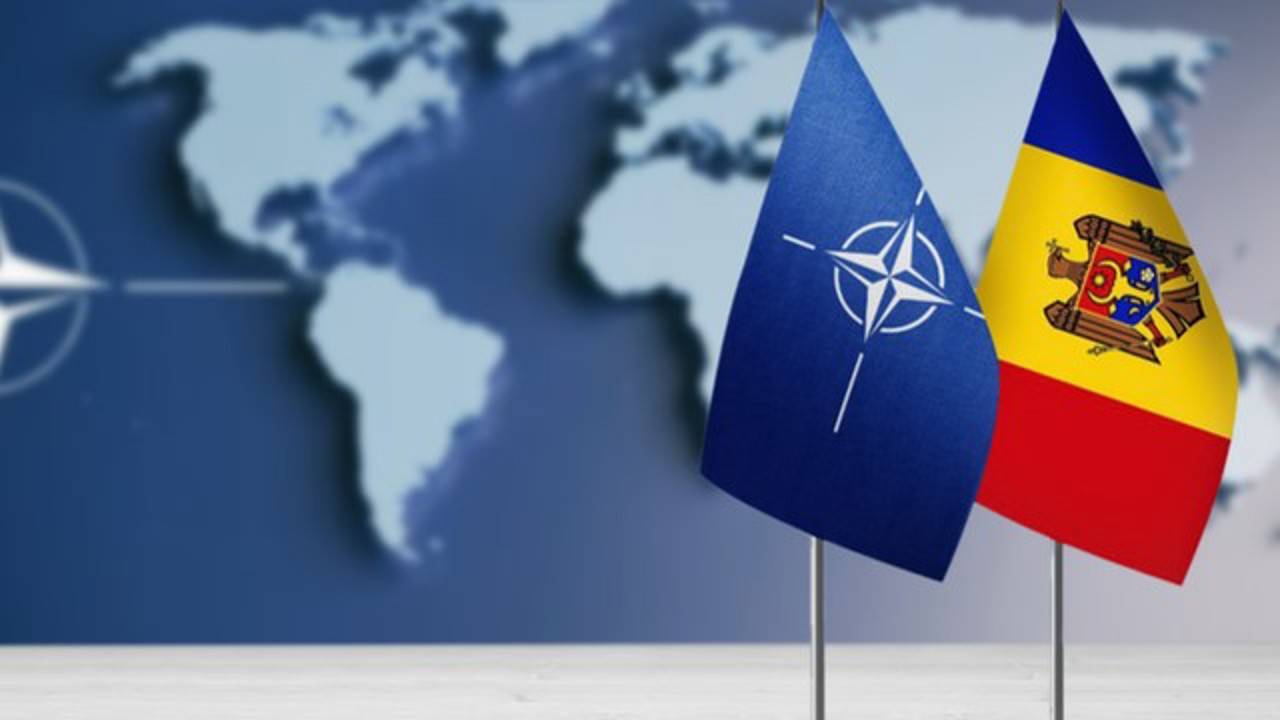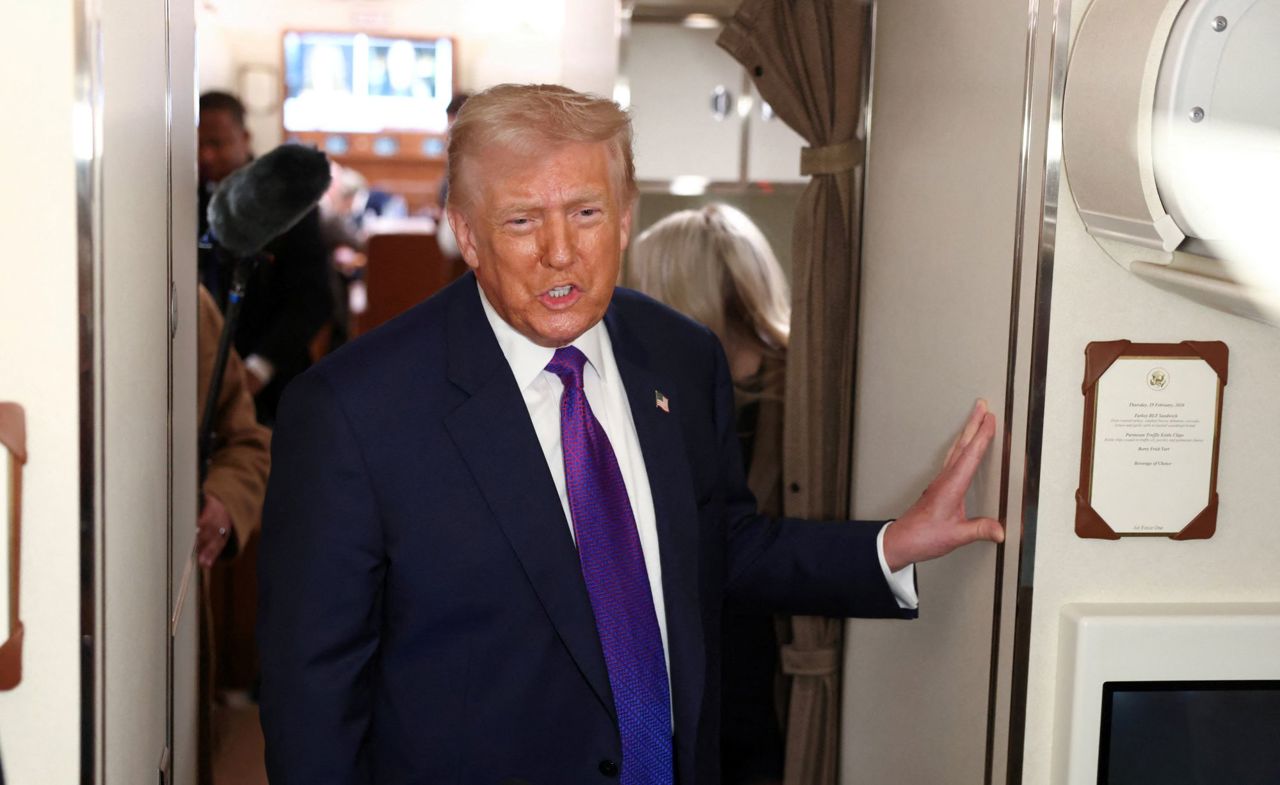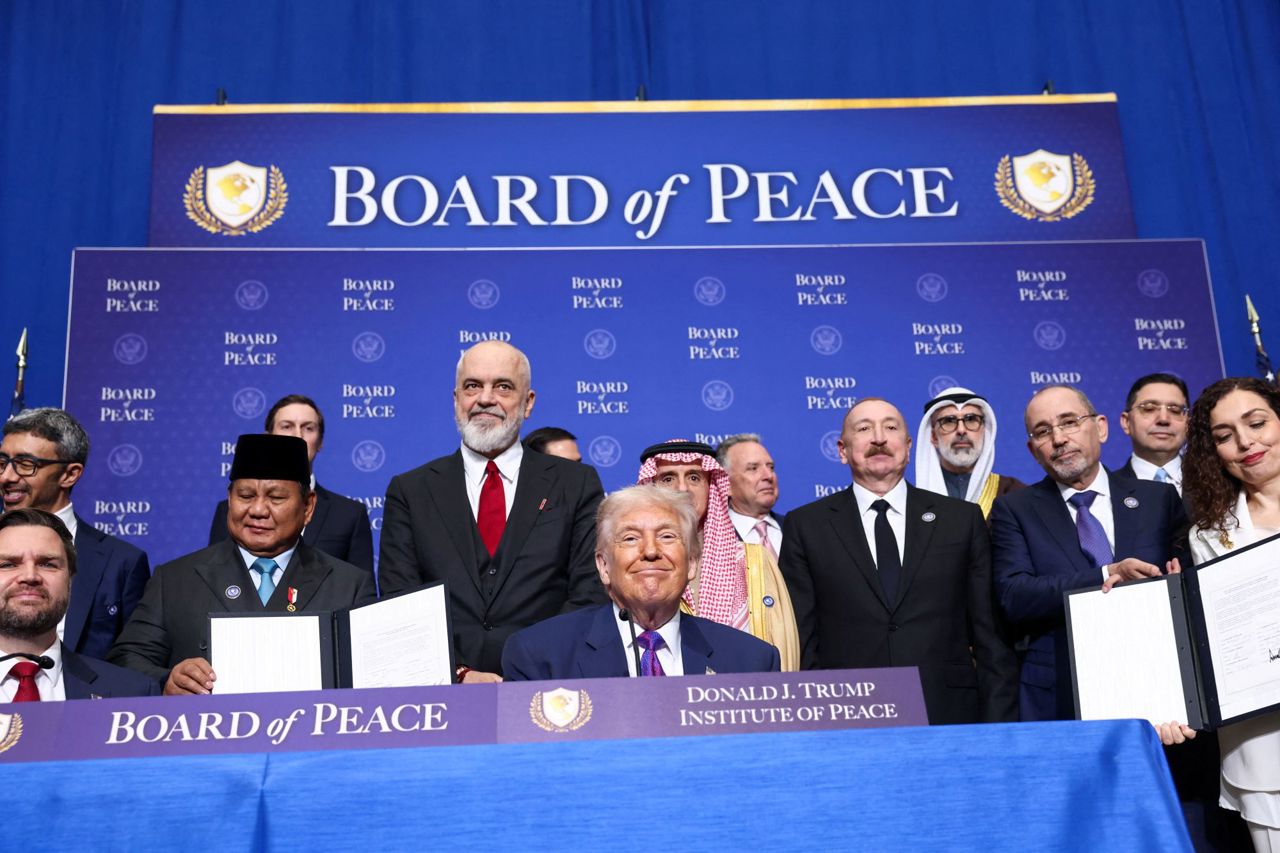Moldova-NATO Partnership 2025-2028: Strengthening Security
The Moldova-NATO Partnership for 2025-2028, approved by the Government on Wednesday, continues the collaboration that began more than 30 years ago and aims to modernize and reform the Republic of Moldova's security and defense sector.

This partnership is based on upholding the country’s constitutional neutrality, enhancing national resilience, and cooperating with Euro-Atlantic structures.
This new program, known as the Individual Partnership Program (IPPP), replaces previous cooperation mechanisms and offers a clearer, more adapted framework to address regional security challenges. The Ministry of Foreign Affairs, the Ministry of Defense, and the Ministry of Internal Affairs will oversee its implementation, with funding provided by the state budget, NATO support, and bilateral contributions from other member states.
According to the agreement, Moldova’s partnership with NATO provides greater security and protection by supporting the modernization of the military. This not only means more advanced equipment but also training for military personnel and improvements in logistics and human resource management.
Furthermore, cooperation with NATO will enable Moldova to enhance its compatibility with Euro-Atlantic structures, facilitating its participation in international peacekeeping missions. Experts suggest that this aspect bolsters the country’s international standing and contributes to regional stability.
In an increasingly digitalized world, cyber threats are becoming more prevalent. Through this partnership, Moldova will receive support in developing its cyber defense capabilities, thus safeguarding the country’s critical infrastructure from cyberattacks.
Another crucial element of the partnership is countering disinformation and hybrid attacks. Moldova will have access to expertise and effective strategies to counteract propaganda and fake news.
Additionally, the partnership provides support for crisis management. Whether in the case of natural disasters, pandemics, or other emergencies, Moldova will have access to resources and training to respond more efficiently in such critical situations.
What does not this partnership entail?
- Moldova is not joining NATO – The partnership is simply a continuation of the collaboration that began 30 years ago.
- It does not involve foreign troops on Moldovan territory – the support is strictly technical, logistical, and training-related.
- It does not violate the country’s neutrality – Moldova remains a neutral state while enhancing its security.
Context and brief history of Moldova-NATO cooperation
Cooperation between the Republic of Moldova and NATO officially began in 1992, when Moldova joined the North Atlantic Cooperation Council. Two years later, in 1994, the country became part of the Partnership for Peace (PfP), a program that allows non-member states to cooperate with NATO in the fields of security and defense.
Starting in 2006, Moldova implemented the Individual Partnership Action Plan (IPAP), a program that strengthened its relations with NATO, focusing on democratic reforms and modernizing the security sector.
An important milestone came in 2014, when Moldova sent its first military contingent to Kosovo to participate in the KFOR peacekeeping mission.
In 2017, the NATO Liaison Office was inaugurated in Chișinău, which is not a military base, but a center to enhance cooperation and communication between Moldova and the Alliance.
Translation by Iurie Tataru




